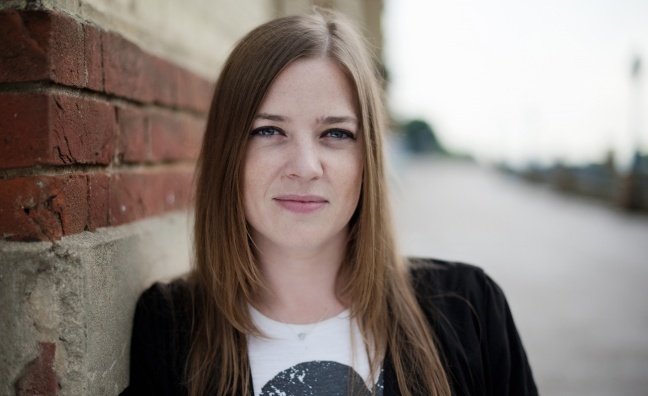In January, Tony Hall announced he would be stepping down as the BBC’s director general after seven years in the role. In her latest no-holds-barred digital column for Music Week, Deviate Digital CEO Sammy Andrews weighs in on the future of the national broadcaster, and why it’s so important to the music business...
There’s no doubt about it, the BBC has made some awful decisions over the years, but I want to discuss why the UK music industry should be wary of anyone welcoming the BBC’s demise.
Despite all its failings, the BBC has been an undeniably valuable vehicle to promote not just our national treasures, but also our regional talent and national exports. It is still a crucial path on the route to market for most successful UK acts, in some capacity.
The BBC proudly states on its official website that, by 2017, more than 190,000 artists had registered onto the BBC Introducing website, uploading over 470,000 tracks in the process. Between them, they amassed 14 UK No.1 singles, 68 UK Top 10 singles, 28 UK No.1 albums and 54 UK Top 10 albums. Some 58% of the acts that performed at Reading and Leeds Festival in 2017 had initially uploaded their music to the BBC Introducing Uploader.
Regardless, January’s news that Tony Hall is set to leave the BBC as director general – and rumours that the Government has discussed dismantling it entirely – ushered in a flurry of questions over who will be at the helm for the next phase of the BBC’s much needed evolution, along with a heap of criticism over where it is right now.
Even I, as a critical observer of the BBC’s slow progression to digital, was slightly alarmed to see so many music industry execs take to their socials to damn it without so much as a thought of just how reliant we are on it as an industry, and how reliant it is on us. You can be sure of one thing: what happens over the coming years will, without a doubt, be important to the UK music industry as we know it.
The future of the BBC depends on its ability to operate properly and profitably in an increasingly competitive digital world but, unlike its global powerhouse rivals, it has faced limitations. I’ve been more privy than most to the BBC’s attempt to modernise and digitise. In 2014, I had discussions with the BBC on data collection, analysis and the potential to use that for personalisations. The BBC eventually rolled out required log-ins allowing personalisations in 2017.
Throughout those conversations it became clear to me that the benefits and the burdens of being a public service can sometimes balance out in many scenarios when it comes to innovation, transformation and survival. The same can be said for any public service, sadly. Though the BBC continues to grow its corporate arm it is, in my opinion, yet to fully realise its potential.
But they are also the ones taking a chance on our artists before they’re signed without guaranteed commercial gain, and I would hazard a guess that there’s not one of you reading this in the UK – label, distributor or management company – that doesn’t hope for a playlist inclusion on a BBC show for every track you release. We all know the power that it still yields despite the unstoppable success of streaming services and social networks. We also know this activity on BBC platforms informs and influences everyone from streaming services to wider press and industry globally, but the Beeb is also heavily reliant on our content across its entire business.
You’ve all prayed for a music show slot, chat show, those hellish early morning starts for a breakfast news slot, interviews and sessions or one of their numerous live events and broadcasts. Then there are the producers, presenters and journalists that tirelessly promote our acts to their own social audiences as well as on the air, or their championing of independent venues, plus the many ex-BBC employees who have climbed to become some of the most successful streaming service execs in the world today. That’s also not to mention the weight it carries globally, and the support and exposure it offers our artists locally.
One of the areas seriously lacking on all global streaming services for me is investment, time and exposure in the regions. And speaking of streaming services, there are also increasingly uncomfortable questions over what constitutes an interactive stream across the BBC, as it continues to try and expand its digital footprint and figure out its funding. It’s a debate that will no doubt ignite again this year and could create seismic shifts given changes in consumption and technology.
When uproar over all of this erupts, what the music industry should actually be asking itself is not just how it can help reshape the future of the BBC in an ever-changing world to guarantee fair income for our artists. In my opinion, it should also ask how itself how we can help preserve a national treasure for UK music in an increasingly globalised, content clusterfuck.










